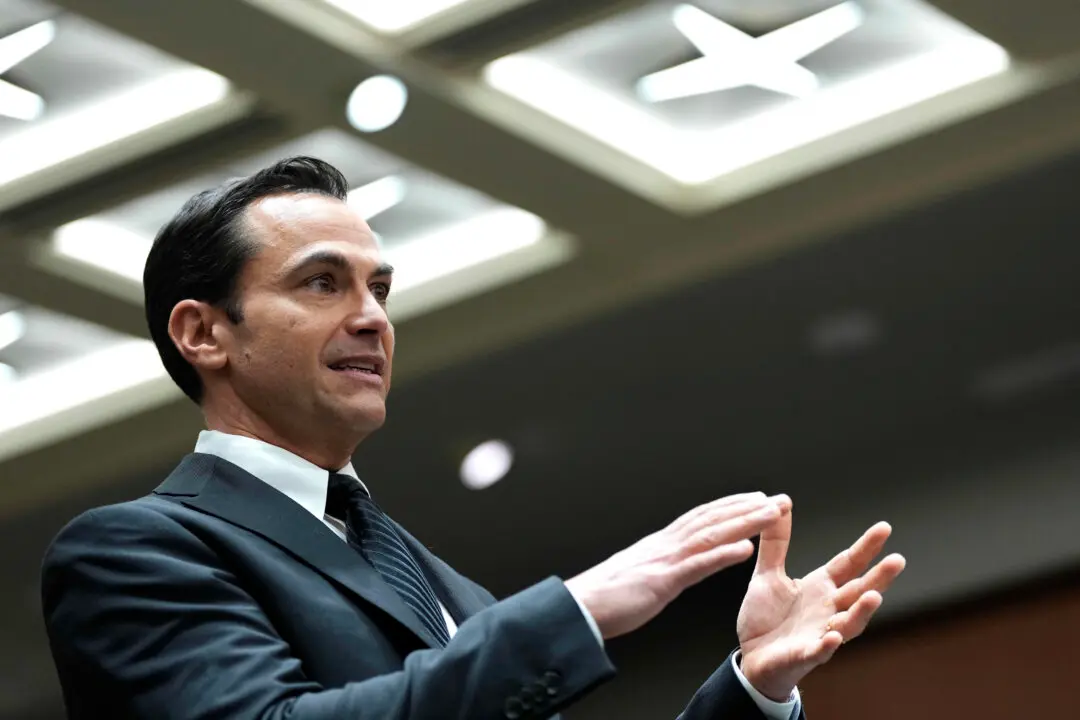The Canadian government has spent over $30 million on diversity, equity, and inclusion (DEI) initiatives since 2019, according to recent documents analyzed by The Epoch Times. The released data show that DEI spending has been ramping up each year since 2019, some years increasing by over 100 percent.
The Department of National Defence was the top spender on DEI at $9.32 million. It was followed by Employment and Social Development Canada ($7.93 million) Innovation, Science and Economic Development Canada ($2.14 million); the Parole Board of Canada ($2.27 million); and the Department of Canadian Heritage ($1.72 million).





